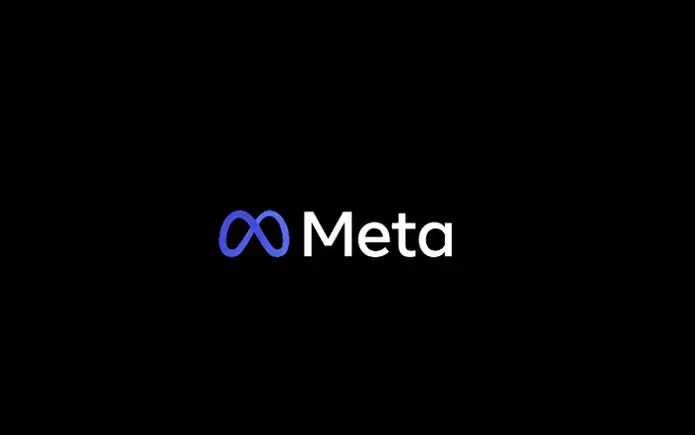With the announcement of Donald Trump’s return to the White House after a robust election campaign, the corporate landscape, particularly for tech giants like Meta, is set to undergo significant transformations. The latest strategic maneuvers from Meta signal a noteworthy shift in how the company plans to navigate the complex relationship between business, politics, and public sentiment. Chief among these changes is the inclusion of three substantial figures on Meta’s board: Exor CEO John Elkann, investor Charlie Songhurst, and UFC president Dana White. White’s presence is particularly striking due to his strong support for Trump and his previous engagement at the Republican National Convention, marking a notable pivot in Meta’s political affiliations.
Dana White’s appointment is not simply a token gesture; it indicates a proactive strategy by Meta to realign its corporate structure in a way that can mitigate potential confrontations with a Trump-led administration. Historically, Trump’s rhetoric toward Meta has encompassed threats of retaliation against CEO Mark Zuckerberg, primarily stemming from the company’s suspension of Trump’s accounts following the events of the Capitol riots in January 2021. This backdrop illustrates the tension that has loomed over the tech giant, where the political climate has often dictated operational decisions and public perception.
The realignment within Meta extends beyond just board appointments. The company has made significant headway by replacing key public affairs personnel and enhancing representation from Republican voices within its ranks. Joel Kaplan, a known Republican operative, has taken the reins from Nick Clegg, who was instrumental in decisions perceived as politically biased against Trump. This reshuffled leadership highlights a broader strategy to cultivate a more favorable working relationship with incoming political powers, thus ensuring that Meta can navigate potential regulatory challenges with greater ease.
Perhaps the most consequential impact of these shifts will be Meta’s reconsideration of its policies regarding political content. Following earlier directives that limited political discourse and sought to minimize inflammatory material across its platforms, there is speculation that with the new board orientation, Meta may seek to relax these restrictions. The earlier strategy of making political discussions opt-in was rife with complications, particularly on its less popular platform, Threads. The goal of fostering an engaging user experience has seemed at odds with the company’s desire to steer clear of politicization, raising questions about the potential for reversion to less stringent moderation measures.
With over three billion users at its disposal, Meta retains a considerable grip on political dialogue and engagement, arguably far exceeding influential platforms like X (formerly Twitter). The nature of user engagement and discourse in the context of a new Trump administration will heavily depend on how Meta recalibrates its content strategies. Will the presence of pro-Trump figures influence operational guidelines to prioritize accessibility of political content, or will it simply serve as a means to deflect potential backlash?
As Trump transitions his communication strategies towards platforms like Truth Social, the relationship between Meta and Trump could evolve significantly. This raises the question of how often Meta will need to intervene and moderate Trump’s or similar politically charged content moving forward. The potential decrease in directly moderating Trump’s posts could make boardroom appointments like White’s seem more symbolic than substantive, but the idea of having influential allies still remains a salient point in discussions around freedom of expression and corporate governance.
Despite the complexities of any tangible impact these changes might entail, there remains a palpable undercurrent of concern regarding how the company will handle divisive narratives. Trump’s history of incendiary statements and the corresponding backlash wielded against tech companies highlight the precarious nature of balancing free speech with responsible platform governance. Dana White’s influence as a prominent supporter of Trump carries weight and could become a significant factor in decision-making processes when it comes to addressing contentious political speech.
As Meta embarks on this strategic shift to embrace a closer relationship with a Trump-led administration, the outcomes of this realignment remain uncertain. The implications for public discourse, corporate responsibility, and the interplay between politics and technology are vast and multifaceted. The integration of figures like Dana White into leadership roles may not only reshape Meta’s policies but also its corporate ethos in a politically polarized climate. Both users and industry-watchers will be keenly observing how these developments will redefine the nature of political engagement within one of the world’s largest media ecosystems. Whether viewed as a savvy business maneuver or a descent into partisanship, Meta’s trajectory in this new political era will have lasting ramifications for how social media platforms operate and interact with governmental authority.


Leave a Reply